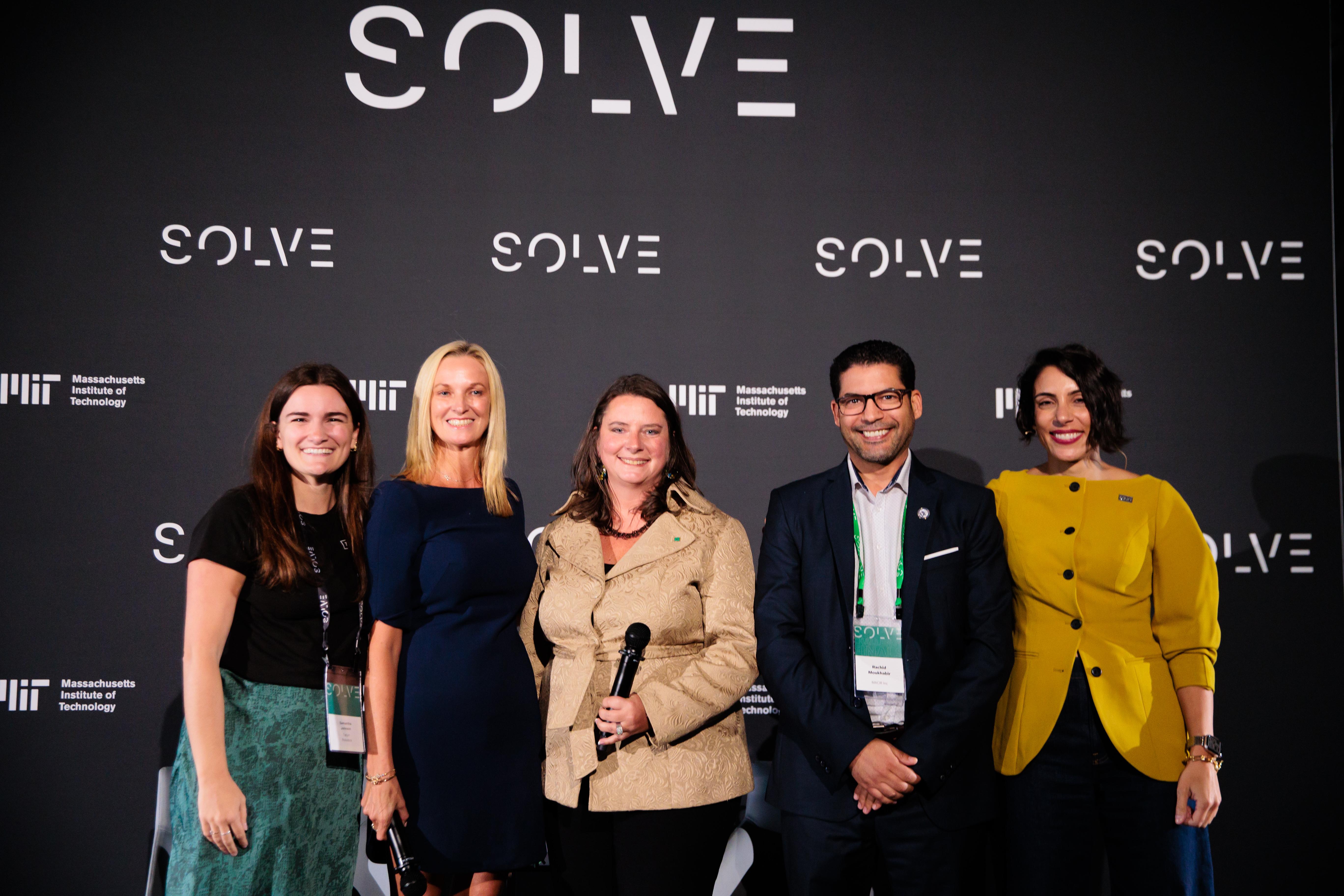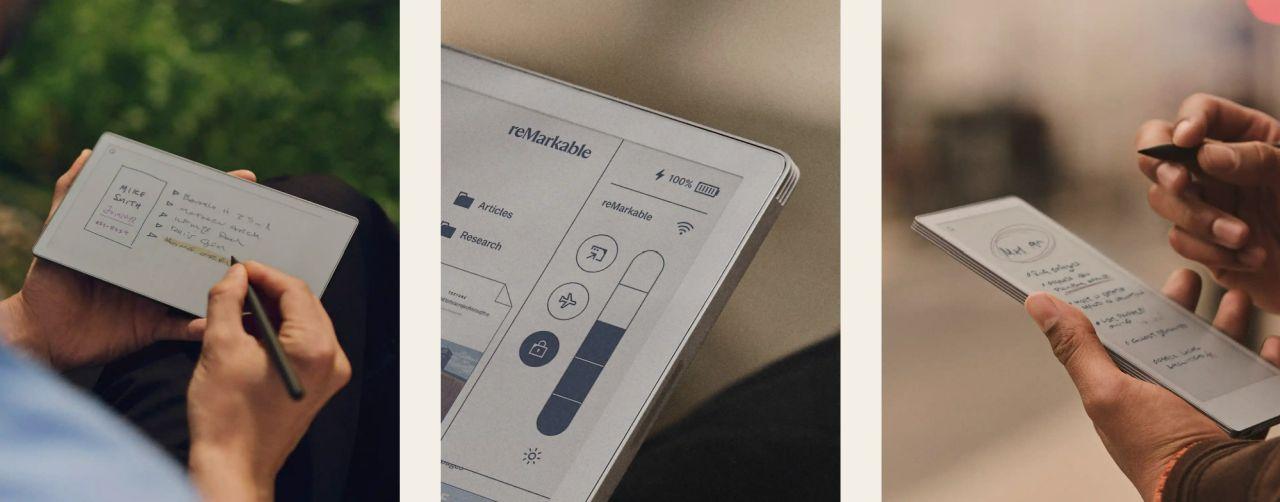
How this Citizen Journalism App Uses Humor to Make Cities Safer
In this Q&A, Diego Mendiburu, a project manager at Supercívicos, shares how the app got started, the startup’s goals, and the team’s plan for impact.
What prompted you to create a citizen journalism app?
There’s a huge problem with urban infrastructure in Mexico: nine out of 10 pedestrian crossings in Mexico City are considered dangerous, plagued by problems such as potholes, water leaks, and a lack of ramps for wheelchairs. To change this situation, we must prompt the government to act.
With the Supercívicos app, anyone with a smartphone can be a citizen journalist. People tell 30-second video stories about the issues that affect their communities. Those stories are geotagged and categorized, creating this massive open database of pressing issues in our communities. Then we share this data with the government, giving them the information they need to target and solve these problems.
One of the lessons we've learned is that technology by itself is not enough. Supercívicos gives people a sense of belonging: being part of a larger community of citizens that believe they can drive change in their communities. In other words, they are not the only crazy ones out there trying to become local leaders. There are many others that share the same values of honesty, civic duty, and protection of the environment. At Supercívicos, we believe crowdsourcing is the best way to drive social change.
Why is citizen journalism so important?
Many organizations have databases with infrastructure information; insurance companies, for example, know which crosswalks are dangerous. But it’s a different story when you hear from real people about how they perceive this danger. Perhaps they use a wheelchair, or they push a baby stroller. This real-life experience provides critical insight into how people actually interact with infrastructure. Traditional data collection can’t gather this information, but citizen journalism can.
Furthermore, enabling citizens to be journalists makes the whole process of connecting with authorities easier and more enjoyable. For example, someone shot a funny video telling the government that she wanted a new tree in her neighborhood to provide shade and oxygen so her kids can play there. These stories are incredibly powerful, and we want everyone to share these experiences.
How does humor come into play?
Los Supercívicos started as a group of comedians that produced funny videos about all the things that don't work in Mexican cities. Our founder Arturo, who’s a former TV anchor, would dress up like a cowboy, a warrior, or a ninja and do hilarious things on Mexican streets.
With over 2 million social media followers, these videos are quite popular. So we decided to tap into this huge audience that already existed by creating a mobile app to create and view this funny content. Humor has been essential for us to attract more people to contribute to the Supercívicos database.
What’s next for Supercívicos as a startup?
We’ve already validated the idea behind Supercívicos: with a mobile phone, anyone can be a citizen journalist to create data that public officials use to make cities more accessible. Now we want to expand to other countries. But we’ll have to adapt the humor, cultural references, and ways people access technology. In a few years, I hope to confidently talk about our impact in India or some African countries.
What do government officials think about the app?
Government officials are happy to have healthier, more honest conversations with citizens. We upload before-and-after videos on our social media platforms to showcase progress, and some officials have told us that they appreciate the positive (and free!) publicity. Moreover, some healthy competition has developed on our platform, where officials compete with each other to see who has solved more issues. It’s a very positive viral effect.
Why apply to Solve?
MIT is widely recognized as one of the leading technology institutions all over the world. As we try to expand to other cities and countries, we’ll need help professionalizing our product and establishing partnerships with governments and private companies. It’s fantastic to have MIT Solve’s support in this process, and it will enable us to learn about different strategies and techniques to scale our project.
Since being selected as a Solver, in December, Los Supercívicos debuted its own TV show, fully made of citizen videos recorded with our app. The show is being broadcast weekly on the Mexico City TV station La Octava, and the app has now surpassed 61,000 registered users. Additionally, we are now sharing part of our database with local Mobility and Transportation authorities, so they can use our data to find and fix the most dangerous street crossings in Mexico City to reduce the number of traffic injuries and deaths.
Interested in this solution? Learn more about Supercívicos and the other Community-Driven Innovation Solver teams here.
Photo courtesy of Los Supercívicos
Tags:
- Economic Prosperity
Related articles
-
Workforce Development for the Future: A Q&A with Michelle Hecht, Executive Vice President, Head of Corporate Affairs, Citizens

-
Powered by Purpose: E Ink’s ePaper Technology Takes Aim at the World’s Toughest Problems
Because it draws power only when an image changes—and none at all while static—ePaper reduces energy consumption by orders of magnitude. That single breakthrough unlocks net-zero transit signs, off-grid medical notebooks, and other applications that traditional screens simply can’t power sustainably.
-
MIT Solve Launches $1.5M Global Search for Tech-Enabled Social Innovations
The world's leading social impact platform seeks tech innovators tackling global challenges in Climate, Health, Learning, Economic Prosperity, and Indigenous Communities